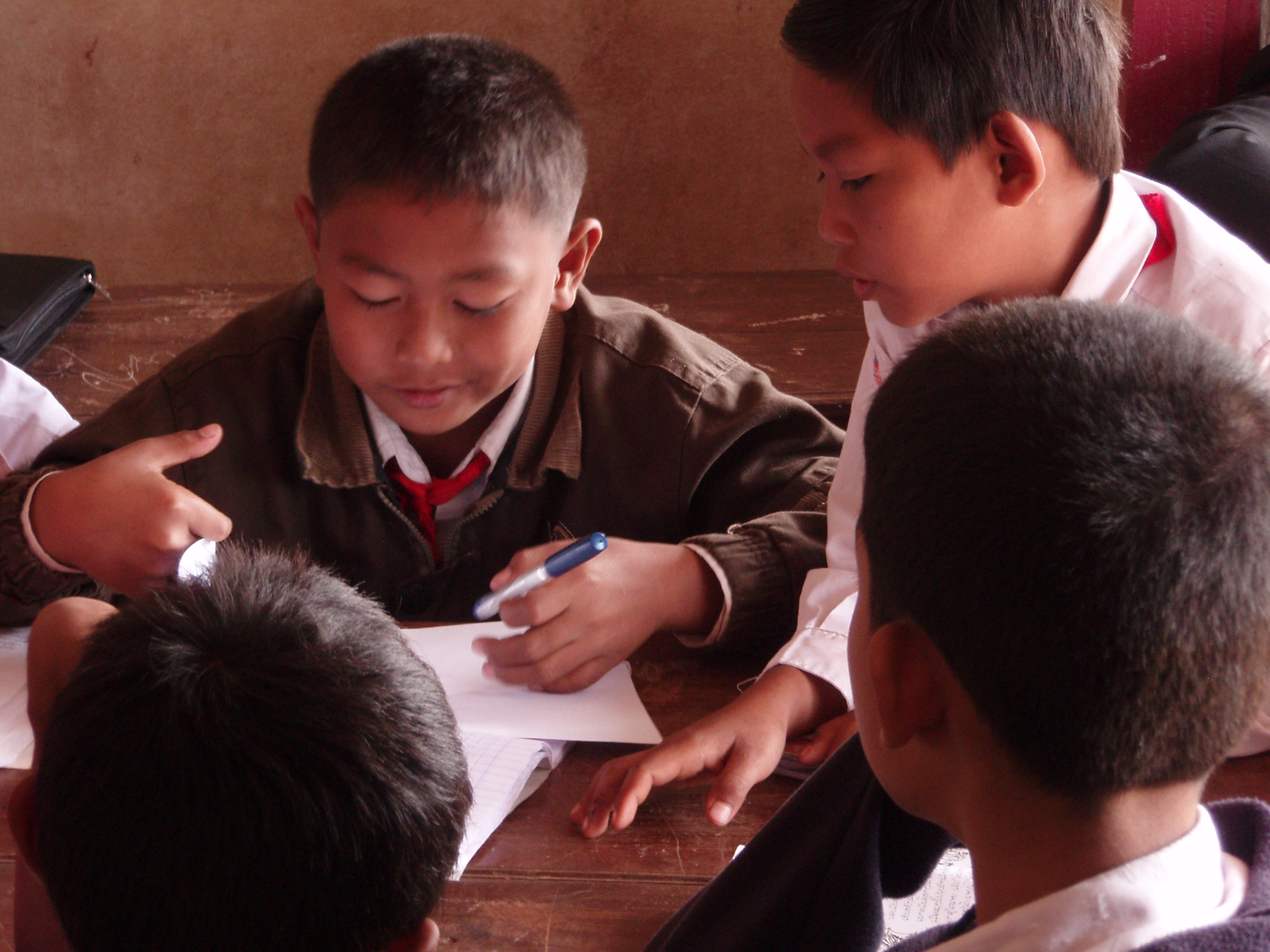Parenting ADHD adolescents
- Understanding ADHD
- Managing ADHD Behavior
- Lifestyle and ADHD: Solutions and Strategies
- Building a Positive Environment Around Your ADHD Child
Managing ADHD Behavior
Redirecting a Child's Path: Guiding Adolescents with ADHD

Neurodevelopmental disorder.
Children with ADHD often follow their own unique path, which can sometimes lead to conflict with parents, teachers, and other authority figures. However, with the right approach, you can guide your child towards a more positive path without stifling their individuality.
Recognizing the Unique Path of a Child with ADHD
Children with ADHD are often non-conformist by nature. They may resist following rules or routines, and they often have their own unique way of doing things. This can be challenging for parents and teachers, but it's important to remember that this is not a sign of defiance or disrespect. Rather, it's a reflection of the way their brain works.
Techniques to Guide Without Stifling Individuality
One of the most effective ways to guide a child with ADHD is to work with their strengths rather than against them. For example, if your child is highly creative, try to incorporate creative activities into their daily routine. If they are highly active, look for ways to channel their energy into sports or other physical activities.
Here are some techniques you can use:
-
Positive reinforcement: Praise your child when they make good decisions or behave in a positive way. This will encourage them to repeat these behaviors in the future.
-
Set clear expectations: Make sure your child knows what is expected of them. This can help to reduce confusion and conflict.
-
Provide structure: While children with ADHD often resist structure, they also thrive on it. Try to establish a consistent daily routine that your child can follow.
-
Encourage self-expression: Allow your child to express themselves in their own unique way. This can help to boost their self-esteem and reduce feelings of frustration.
Strategies to Promote Positive Behavior and Discourage Negative Behavior
In addition to guiding your child, it's also important to promote positive behavior and discourage negative behavior. Here are some strategies you can use:
-
Use consequences effectively: Make sure the consequences for negative behavior are clear and consistent. This can help your child to understand the impact of their actions.
-
Teach problem-solving skills: Help your child to develop problem-solving skills. This can help them to navigate difficult situations more effectively.
-
Model positive behavior: Show your child how to behave by modeling positive behavior yourself. This can be a powerful way to influence your child's behavior.
-
Seek professional help if needed: If your child's behavior is causing significant problems at home or at school, it may be helpful to seek professional help. A therapist or counselor who specializes in ADHD can provide valuable guidance and support.
Remember, every child with ADHD is unique, and what works for one child may not work for another. It's important to be patient and flexible, and to keep trying different strategies until you find what works best for your child.